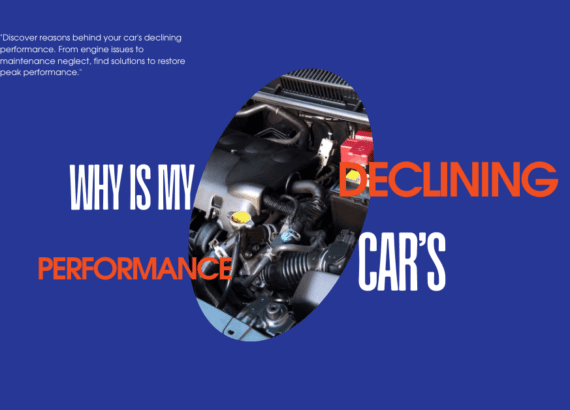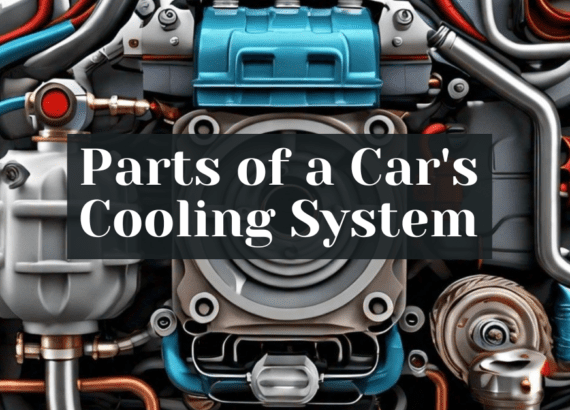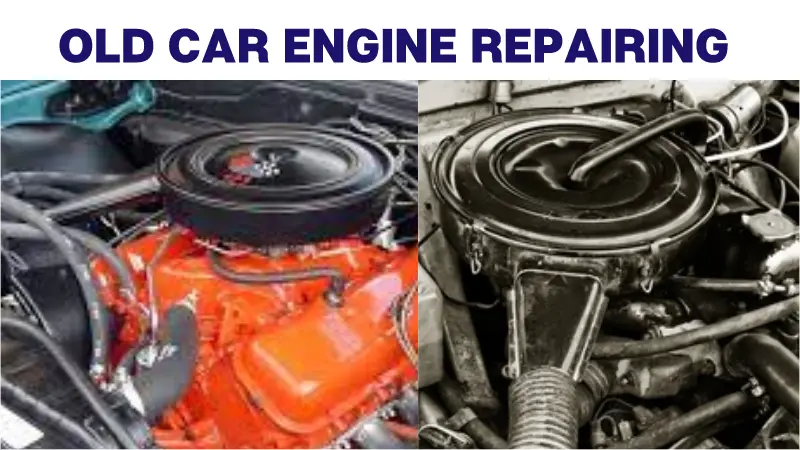What is the difference between water & air- cooled engines?

Our automobiles’ engines are the lifeblood that drives us on our everyday excursions and adventures. However, there is a significant difference in the way that engines are cooled within the realm of engines. Anyone working with engines, whether a car enthusiast or a professional in the field, must understand this essential differential between water-cooled and air-cooled engines. In this in-depth analysis, we’ll negotiate the subtleties of these two different cooling systems, revealing their benefits, limitations, and the situations in which each system performs best. So buckle up as we set out on this educational voyage to unravel the mysteries of engine cooling and its crucial role in performance and durability.
Exploring Cooling Systems

What is the Difference Between Water & Air-Cooled Engines?
Vehicle engines, which are the heart of the vehicle, depend on effective cooling systems to sustain peak performance. There are two types of cooling systems: water-cooled engines and air-cooled engines.
Water-Cooled Engines
A complicated system of passageways is used by water-cooled engines to circulate a liquid coolant, which is commonly a solution of water and antifreeze. This coolant absorbs the heat from the engine and transfers it to a radiator, where cooling fans help the heat disperse into the air.
High-performance applications benefit from water-cooled engines’ effective temperature management, quieter running, and quiet start-up.
Air-Cooled Engines
In contrast, air-cooled engines depend on the natural flow of air to dissipate heat. The engine components are designed with extended fins and ducts, allowing for increased surface area, which enhances cooling through contact with the surrounding air.
Air-cooled engines are celebrated for their simplicity in design, reduced weight, and resistance to freezing. They find applications in motorcycles and certain older automobile models.
In the upcoming sections, we will delve into the unique features and advantages of each cooling system, providing a comprehensive understanding of these critical aspects of modern engines.
Key Differences Between Water & Air-Cooled Engines
Water-cooled and air-cooled engines are two distinct cooling systems used in internal combustion engines to regulate their operating temperature. Here are the key differences between these two types of engine cooling:
1.Cooling Mechanism
- Water-Cooled Engines: Use a liquid coolant (usually a mixture of water and antifreeze) that circulates through channels in the engine block and cylinder head to absorb and transfer heat away from the engine.
- Air-Cooled Engines: Rely on the natural circulation of air around the engine to dissipate heat. Cooling fins on the engine’s exterior surface increase the surface area for heat dissipation.
2.Coolant Medium
- Water-Cooled Engines: Utilize a liquid coolant, which has a higher specific heat capacity and thermal conductivity, allowing it to absorb and transfer heat more effectively compared to air.
- Air-Cooled Engines: Use the surrounding air as the cooling medium, which has lower thermal conductivity compared to liquid coolant engine.
3.Cooling System Complexity
- Water-Cooled Engines: Typically have more complex cooling systems with components like radiators, water pumps, hoses, and a thermostat to regulate coolant flow and temperature.
- Air-Cooled Engines: Have simpler cooling systems with fewer components, usually just cooling fins and fans to direct airflow over the engine.
4.Efficiency and Heat Dissipation
- Water-Cooled Engines: Tend to be more efficient at dissipating heat due to the higher thermal conductivity and the ability to maintain a more consistent operating temperature.
- Air-Cooled Engines: May struggle to dissipate heat efficiently, especially at high operating temperatures, which can potentially lead to overheating.
5.Temperature Control
- Water-Cooled Engines: Can more precisely control the engine’s operating temperature through the thermostat and coolant circulation, leading to better thermal management and optimized performance.
- Air-Cooled Engines: Have limited control over operating temperature, relying on external factors like ambient air temperature and airflow for cooling.
6.Weight and Size
- Water-Cooled Engines: Tend to be heavier and require additional components like radiators and coolant, which contribute to the overall weight and size of the engine.
- Air-Cooled Engines: Are generally lighter and more compact due to the absence of complex cooling system components.
7.Maintenance and Reliability
- Water-Cooled Engines: Require regular maintenance of the cooling system, such as checking coolant levels, flushing, and monitoring for leaks. The cooling system can be susceptible to corrosion and coolant-related issues.
- Air-Cooled Engines: Often require less maintenance since they have fewer components and no coolant to monitor. However, they may be more prone to overheating in hot conditions.
In summary, water-cooled engines use a liquid coolant for efficient heat transfer and precise temperature control, while air-cooled engines rely on natural airflow for cooling and have simpler designs. Each type has its advantages and trade-offs in terms of efficiency, maintenance, complexity, and weight.
Conclusion
Making intelligent judgments on engine selection requires having a solid understanding of the distinctions between water-cooled and air-cooled engines. Each kind has a unique mix of benefits and drawbacks that are tailored to particular uses and preferences. Both air-cooled and water-cooled engines have their uses in the world of engines, whether it is for their simplicity or their efficiency. We hope this tutorial has given you useful information for your engine-related projects.
FAQs
How Do I Choose Between Water and Air-Cooled Engines?
The desired use should be taken into account when deciding between water- and air-cooled engines. Due to their effective cooling, water-cooled engines are chosen for heavy-duty and high-performance use. Air-cooled engines can be a sensible option for lightweight vehicles or those operating in a variety of weather conditions.
Do Water-Cooled Engines Offer Better Performance?
In general, water-cooled engines perform better, especially when it comes to controlling temperature. This is essential for preserving engine durability and efficiency, enabling them to be used in high-performance applications.
Are Air-Cooled Engines More Fuel-Efficient?
Due to their reduced weight and more straightforward construction, air-cooled engines frequently display somewhat superior fuel economy. The difference in fuel economy, though, is typically negligible and relies on a number of other factors.
Can Air-Cooled Engines Overheat?
Yes, air-cooled engines can overheat, particularly in warm weather or under conditions of sustained heavy use. To avoid overheating, proper ventilation and sufficient maintenance are necessary.
Are Water-Cooled Engines Quieter?
Yes, air-cooled engines can overheat, particularly in warm weather or under conditions of sustained heavy use. To avoid overheating, proper ventilation and sufficient maintenance are necessary.
Which Cooling System Is More Environmentally Friendly?
Both cooling methods have environmental advantages and disadvantages. Chemicals in the coolant used in water-cooled engines may be a cause for worry. In contrast, air-cooled engines tend to have fewer parts and use outside air to cool, making them more environmentally friendly.











